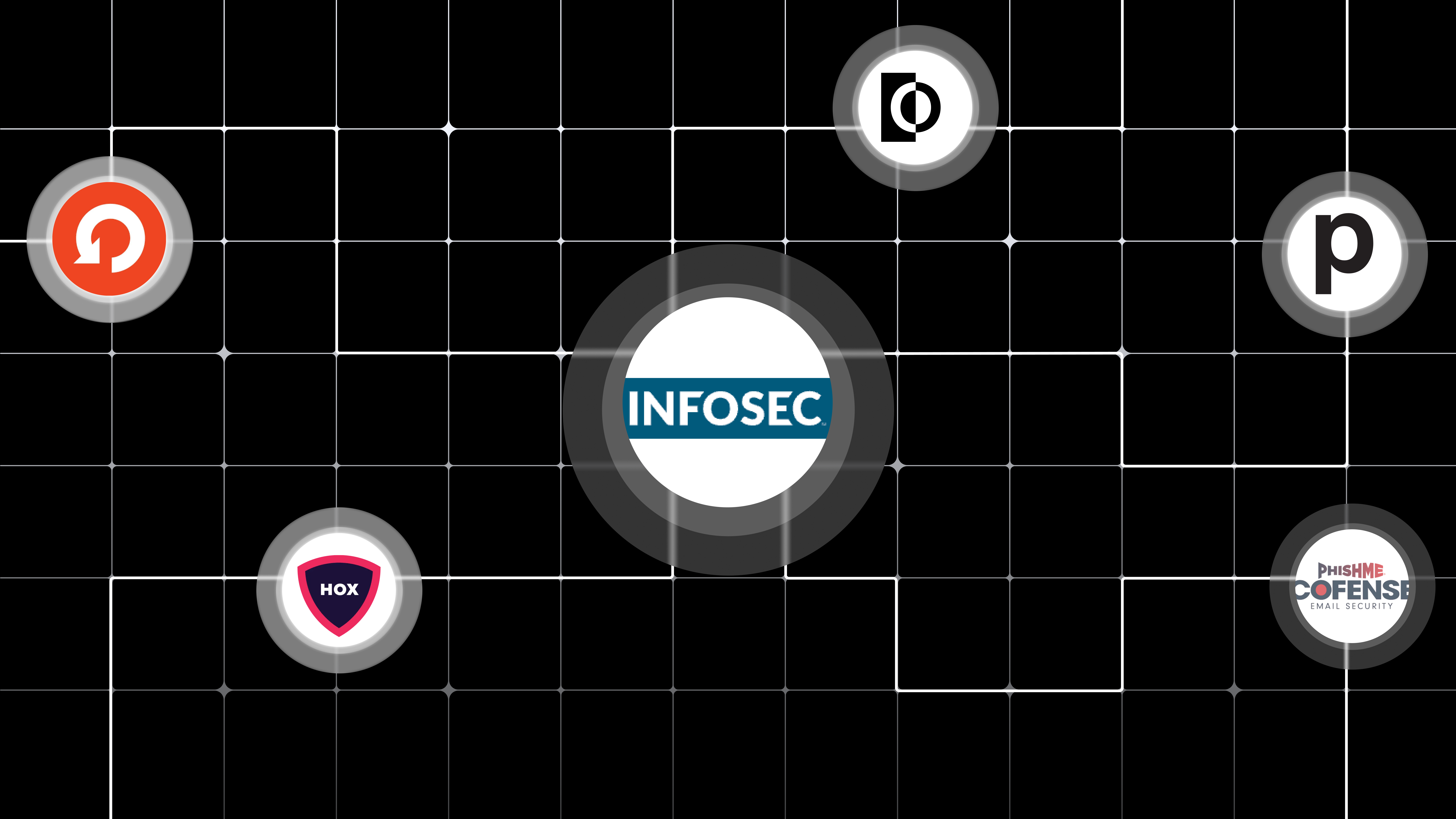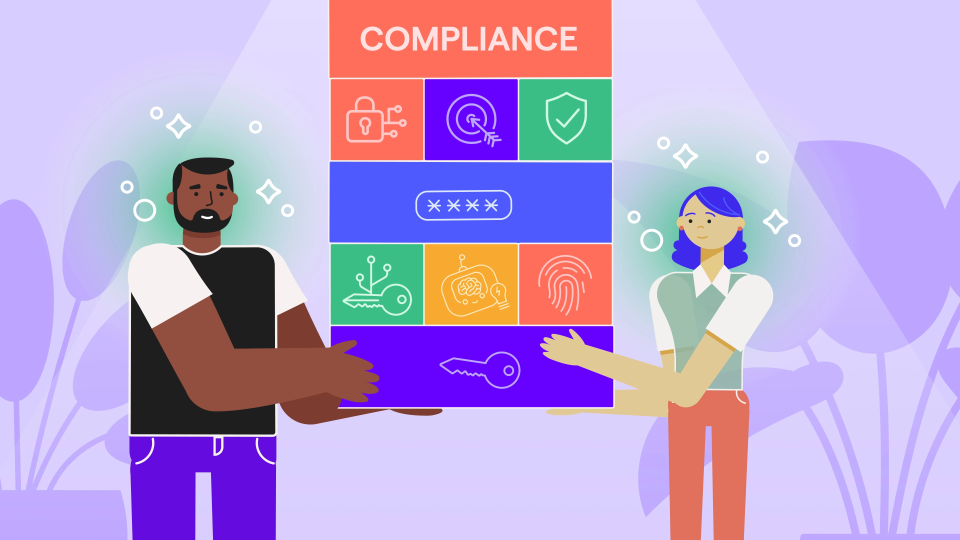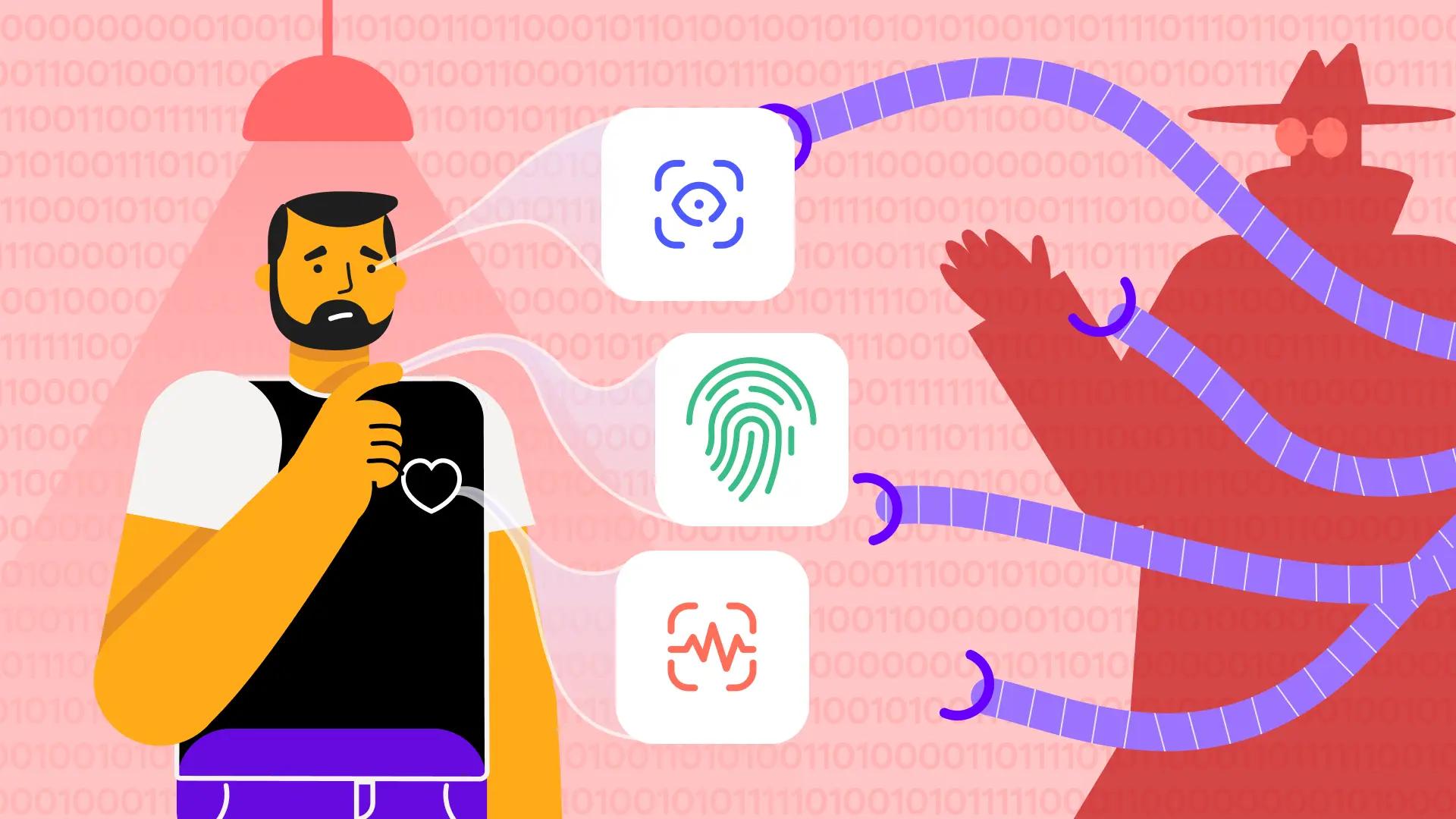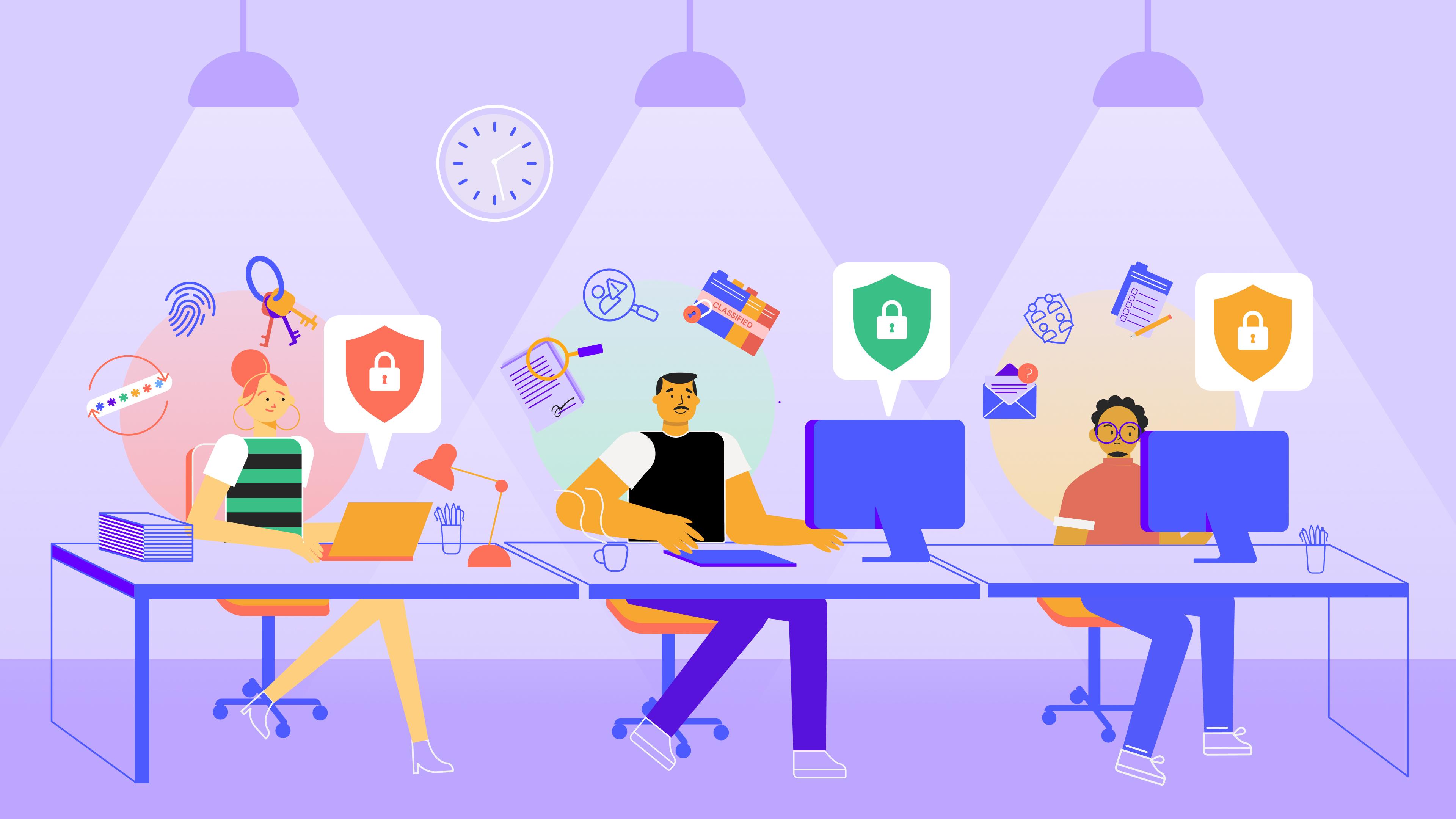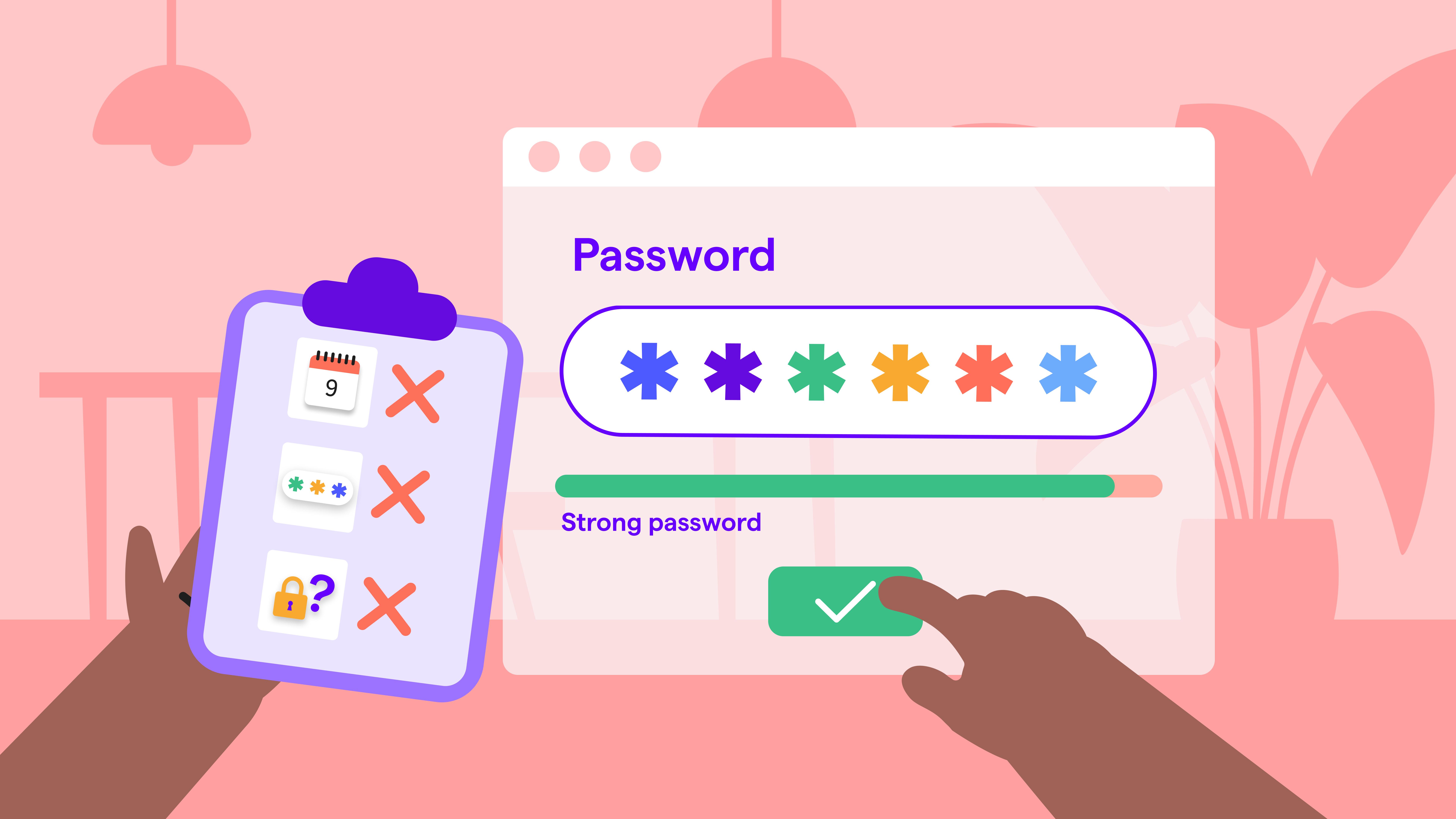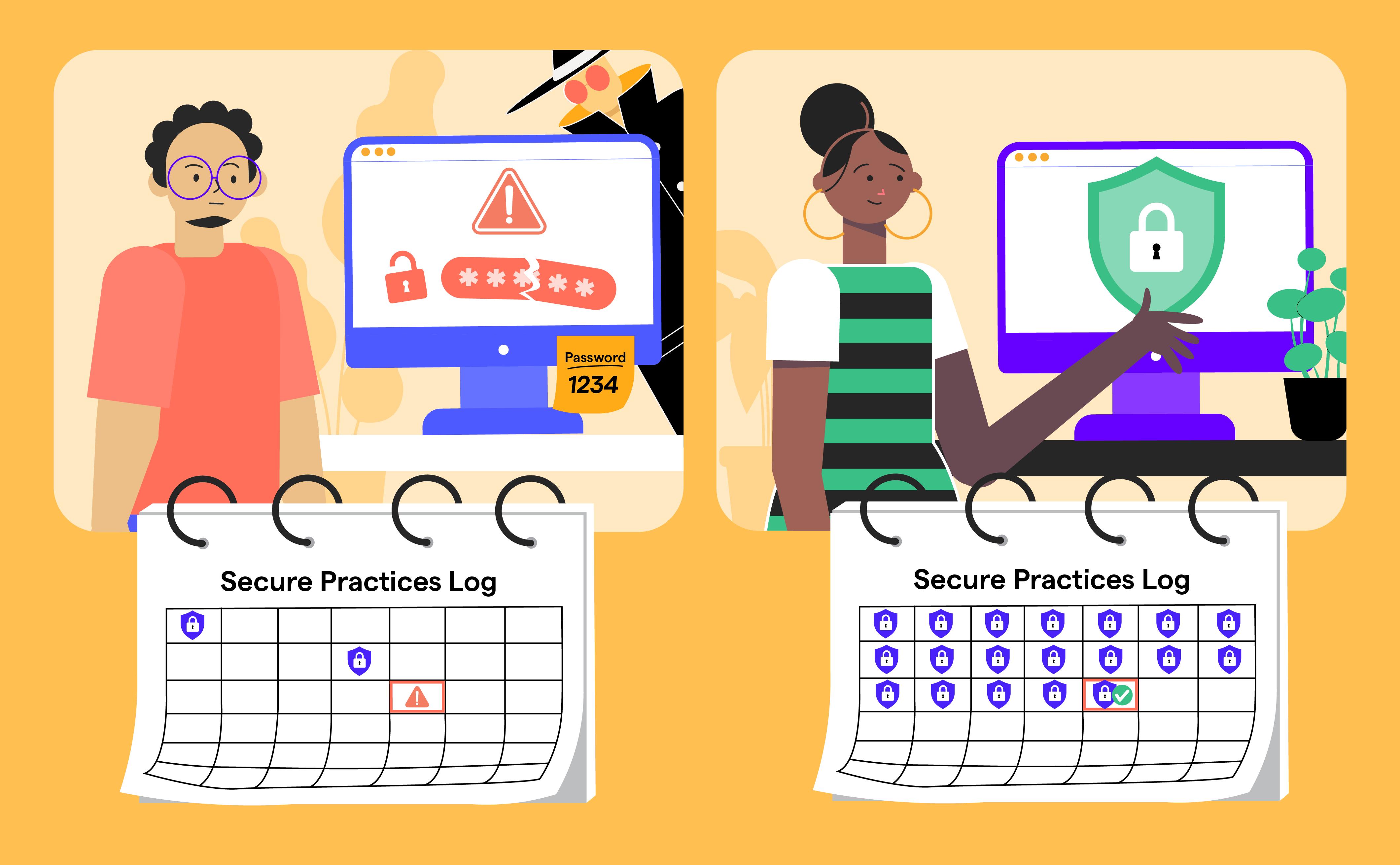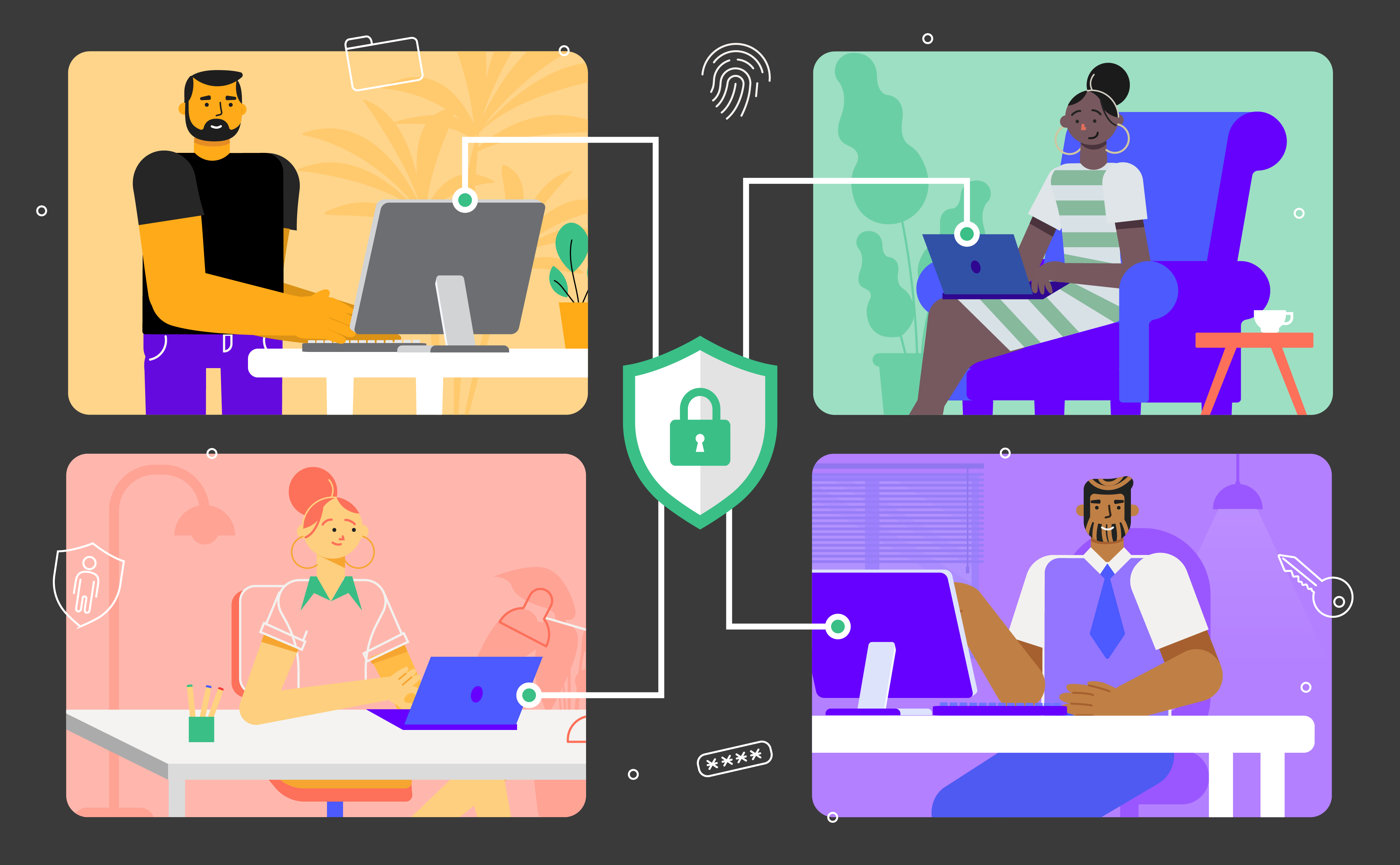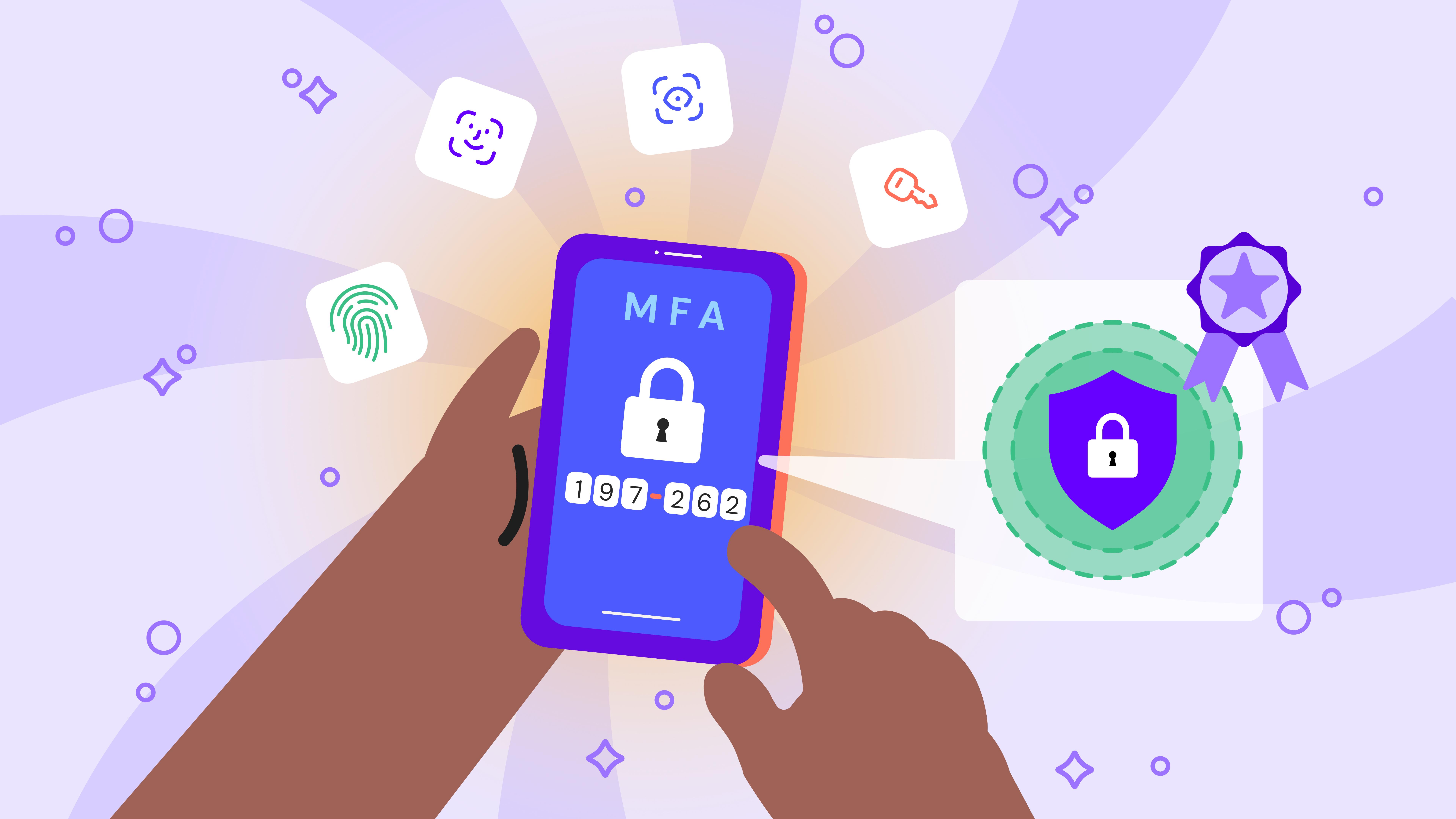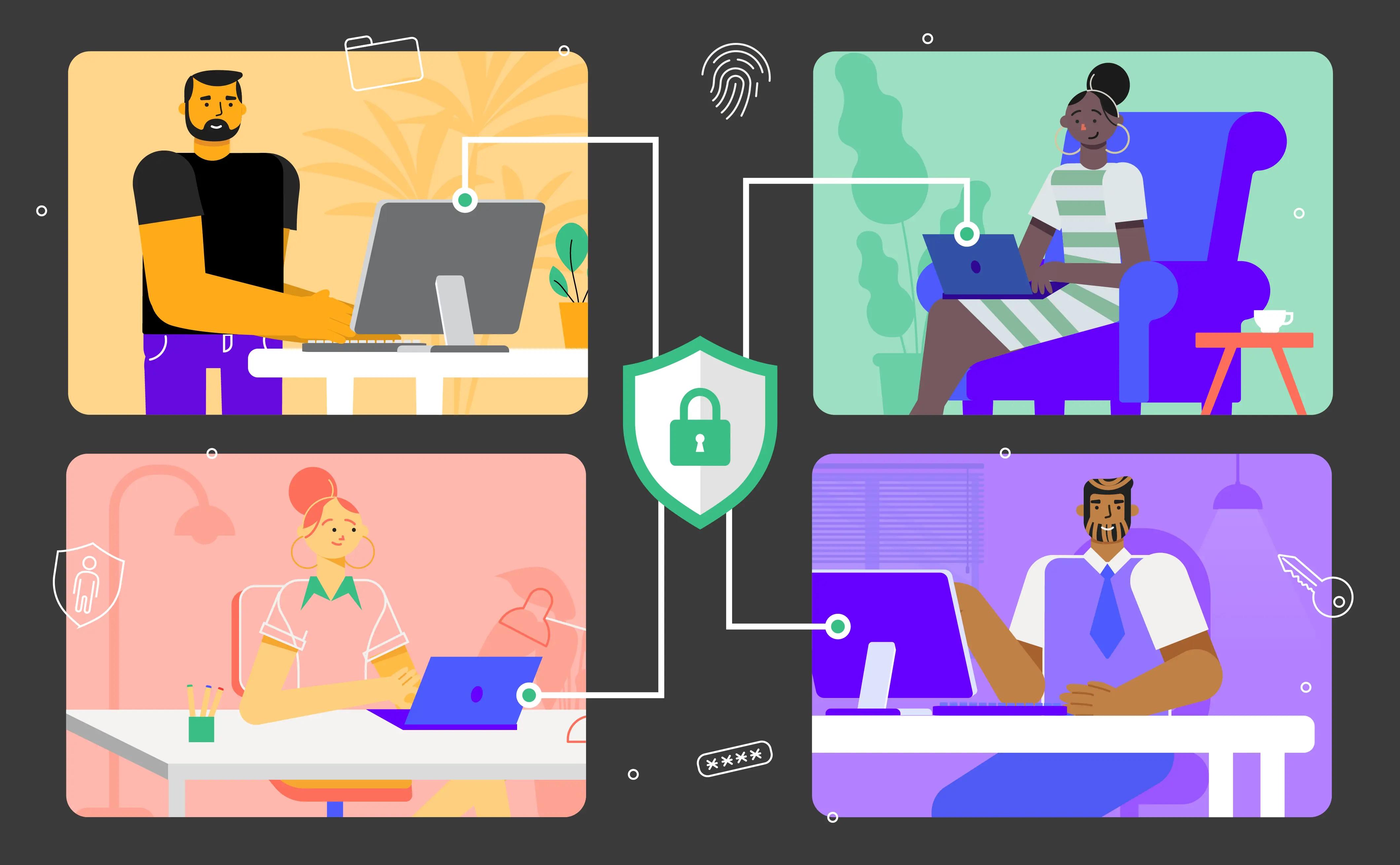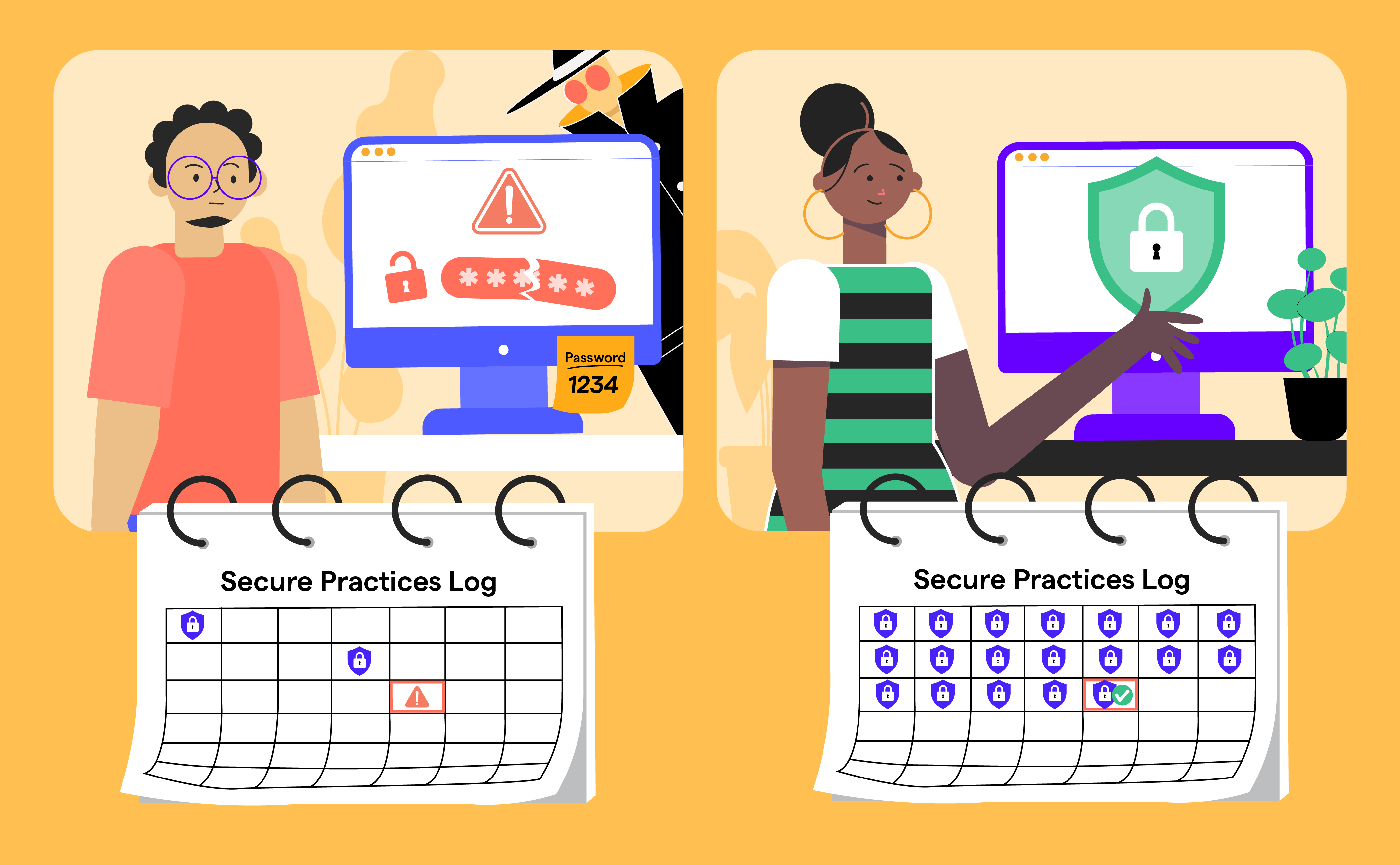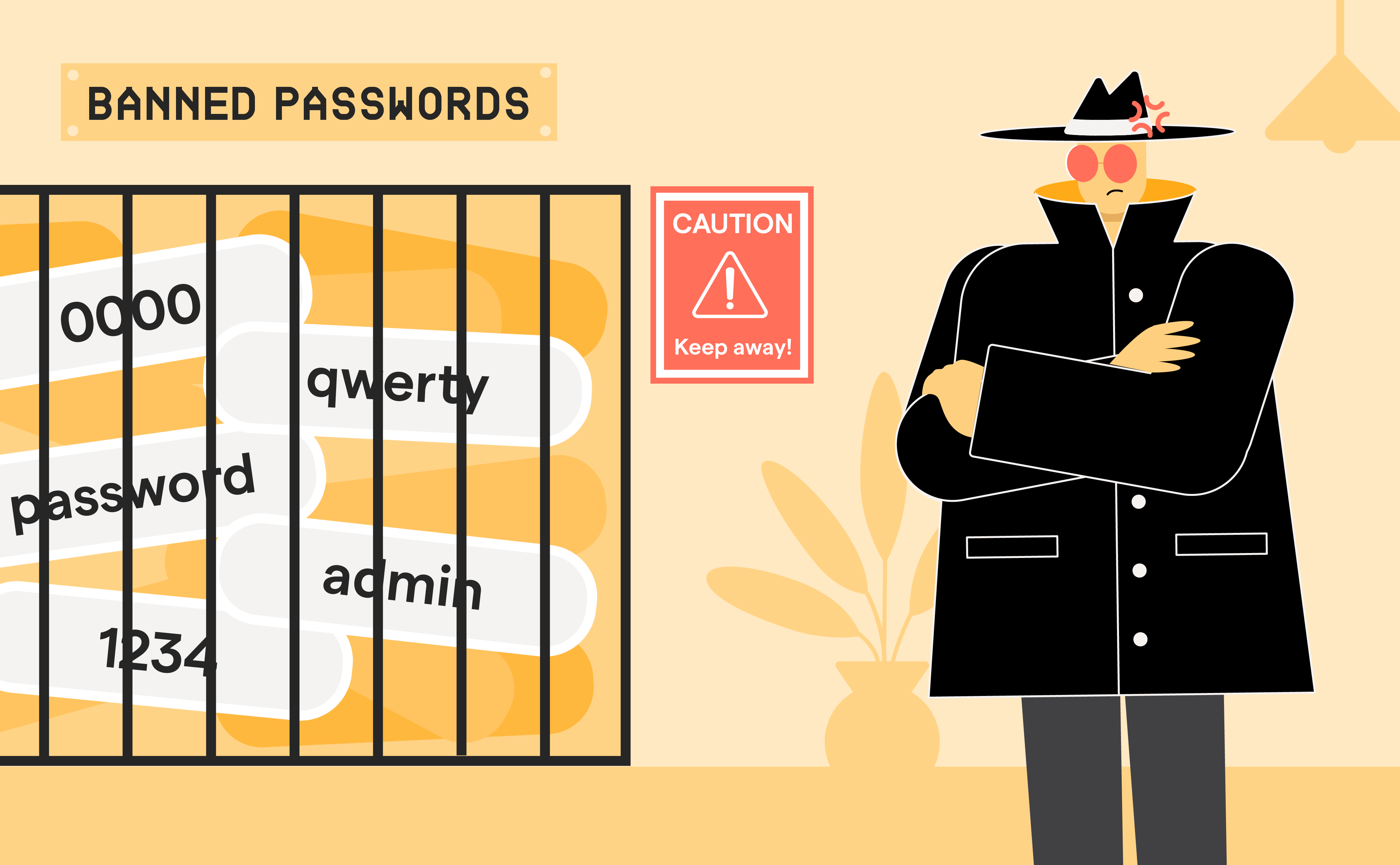
Building the Foundation: The Crucial Role of Security Culture in Today's Organizations
Jul 18

Experience OutThink
In an era where cyber threats loom larger and more diverse than ever before, the need for a robust security posture is undeniable. Yet, technology alone cannot safeguard an organization against all potential threats. The human element plays a pivotal role in the overall security equation - a concept that brings us to the cornerstone of any effective cybersecurity strategy: security culture.
What Is Security Culture?
Security culture encompasses the ideas, customs, and social behaviors of an organization that influence its security. It is a subset of the organizational culture focused on how members understand and prioritize security within their roles and responsibilities. A strong security culture is one where every employee, from the CEO to the newest hire, is aware of the potential threats and their role in mitigating them.
Why Is Security Culture Critical?
- Mitigates Human Error: Studies have shown that a significant number of security breaches are due to human error. A strong security culture reduces these risks by ensuring that employees are aware, trained, and vigilant.
- Adapts to Evolving Threats: A dynamic security culture can adapt to new threats more effectively than rigid protocols alone. It encourages continuous learning and adaptability.
- Promotes Proactive Security: Instead of reacting to incidents, a culture of security fosters an environment where potential threats are anticipated and prevented.
- Enhances Brand Trust: Customers and partners trust organizations that demonstrate a commitment to security. A strong security culture is a powerful component of brand reputation.
How to Cultivate a Security Culture
There are 5 key steps in delivering an effective security culture in an organization.
1. Leadership Involvement
Security culture starts at the top. Leaders must demonstrate a commitment to security in their actions and priorities.
2. Regular Training and Awareness
Continuous education on security practices and current threats keeps security at the forefront of everyone’s mind.
3. Encourage Open Communication
Create an environment where employees feel comfortable reporting potential security issues without fear of reprisal.
4. Recognize and Reward
Acknowledge and reward security-conscious behavior. Positive reinforcement can reinforce the desired culture.
5. Integrate Security into Daily Operations
Make security part of the standard operating procedures, ensuring it is not seen as an additional task but as a fundamental aspect of all work.
The Impact of Security Culture
Organizations with a strong security culture not only reduce their risk of incidents but also respond more effectively when incidents occur. They experience fewer breaches, lower incident costs, and recover more quickly. Moreover, they cultivate a sense of collective responsibility and vigilance that acts as a continuous, dynamic defense against threats.













